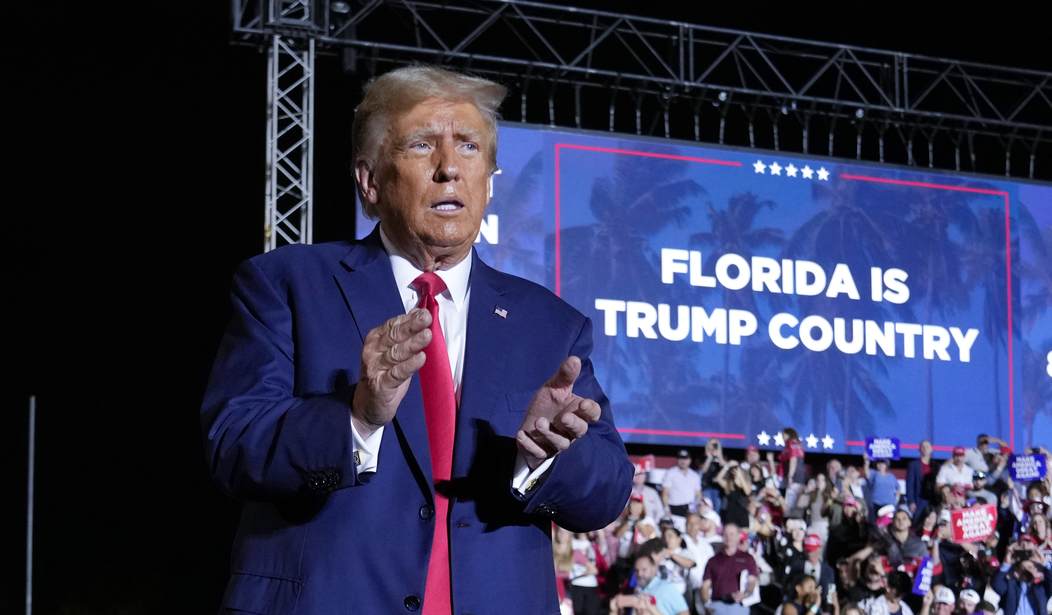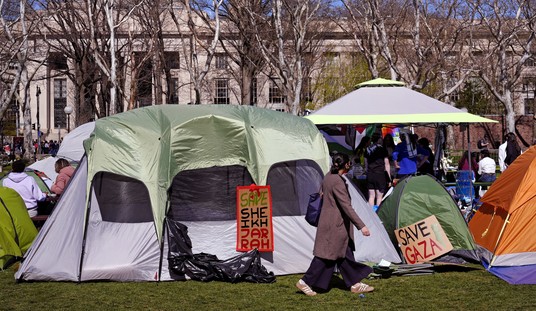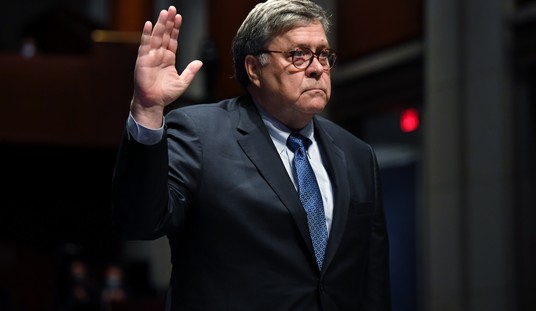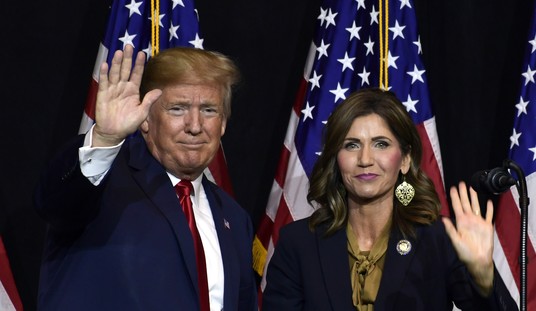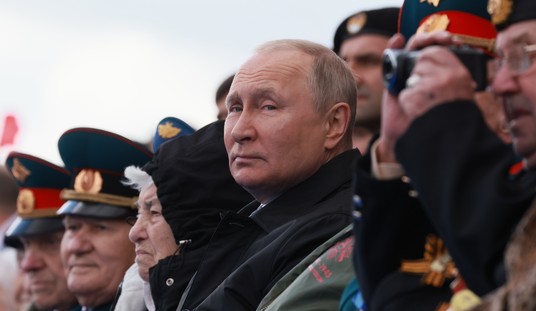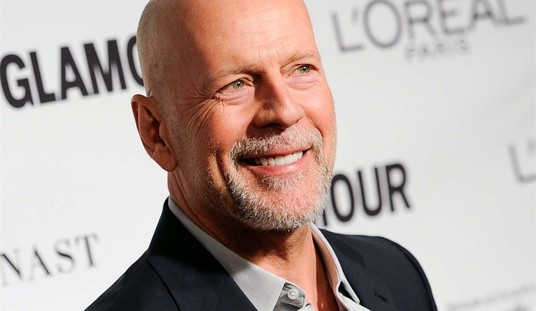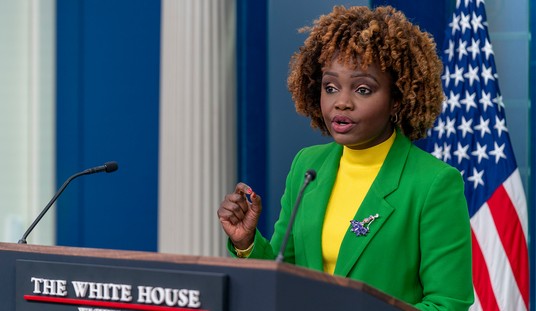Of all the trends in politics, the habit of pretending that every right-leaning world leader is somehow another Trump must rank near the top of the most tiresome. It seems that any time a political figure who happens not to be a total socialist arises on the scene, leftist news outlets pounce on the opportunity to shout, “That’s another Trump!”
Of course, it is not difficult to ascertain why they insist on going through this process each time a non-socialist gets some power, is it? But this tactic has become so played out that even a far-leftist outlet criticized it, which could indicate that the left is once again shooting themselves in the foot with their obsession with the Orange Man What Is Bad™.
The first example is Jair Bolsonaro in Brazil, who served as president between 2019 and 2022. The moment he started getting some press, several left-wing news outlets referred to him as the “Brazilian Trump.”
How original.
Vox published a report about Bolsonaro in which it noted this trend when discussing the Brazilian president’s efforts to win over evangelical Christians.
Bolsonaro’s new line of attack takes a page from the war manual of the US right. When Jair Bolsonaro was elected president of Brazil back in October 2018, the international media touted him as a “Brazilian Trump.” The rightist leaders of the world’s second- and fourth-largest democracies do indeed have a number of things in common. Among the most striking: both Bolsonaro and Trump depended on enthusiastic support from evangelicals to get elected. As I wrote last year, endorsements from evangelical and Pentecostal leaders and electoral support from lay evangelicals appear to have been critical to Bolsonaro’s first- and second-round victories.
Next, we have Javier Milei, who was just elected as the president of Argentina after a harrowing campaign. Milei, a staunch libertarian who repeatedly criticized the far-left and ran on a platform touting free markets and slashing the government, was also given the moniker. Even though he has distinct policy differences with Trump, he still gets the label.
The Washington Post published a piece shortly after Milei’s victory titled “Argentina set for sharp right turn as Trump-like radical wins presidency.”
A radical libertarian and admirer of Donald Trump rode a wave of voter rage to win Argentina’s presidency on Sunday, crushing the political establishment and bringing the sharpest turn to the right in four decades of democracy in the country.
Lastly, we have Geert Wilders, who just won a significant Dutch election and could possibly become the Netherlands’ next prime minister. The Independent published a piece in which it acknowledged that Wilders has also been called “Dutch Trump” due to his stance on immigration and calls for the Netherlands to leave the European Union.
Of course, none of these people are Trump. Sure, they may have similarities to the former president when it comes to their manner of communication. But the reality is that these people have beliefs that are clearly opposed to leftism. Trump was not the first prominent politician to espouse anti-socialist beliefs.
But these are only a few of the politicians who have been referred to as some type of “Trump.”
But Trump-calling seems to be happening on a far greater scale. I have identified more than 50 individuals whom major English-language media outlets have called the “Trump” of their country. A raft of headlines invites us to “Meet the Donald Trump of Germany”—or of Canada, Indonesia, or Russia. Many of these headlines have the markings of editors looking to turn unfamiliar names into clickbait. Others are part of political commentators’ quest for the Canadian, Australian, or New Zealander Trump on the verge of a political breakthrough.
In fact, even Slate, a far-leftist propaganda outlet, has criticized this habit, albeit for different reasons from why I would criticize them.
But the widespread use of this moniker is misleading: It can oversimplify the politics and personality of Trump and his namesakes, ignore that many were “Trump-like” before he was, fuel Trumpian efforts to manipulate the media, and create false expectations that his victory will be replicated elsewhere.
The bottom line is that the reason why the hard left seeks to label any populist or non-socialist figure as Trump is because they seem to believe that everyone who isn’t them has an irrational fear of the Orange Man What Is Bad™. They seem to believe that they can somehow stymie the popularity of these leaders by simply saying, “Hey! Don’t follow that guy! He’s like Trump!” The problem, at least for the left, is that this tactic has become so played out that it likely doesn’t register with anyone who isn’t a commie.

